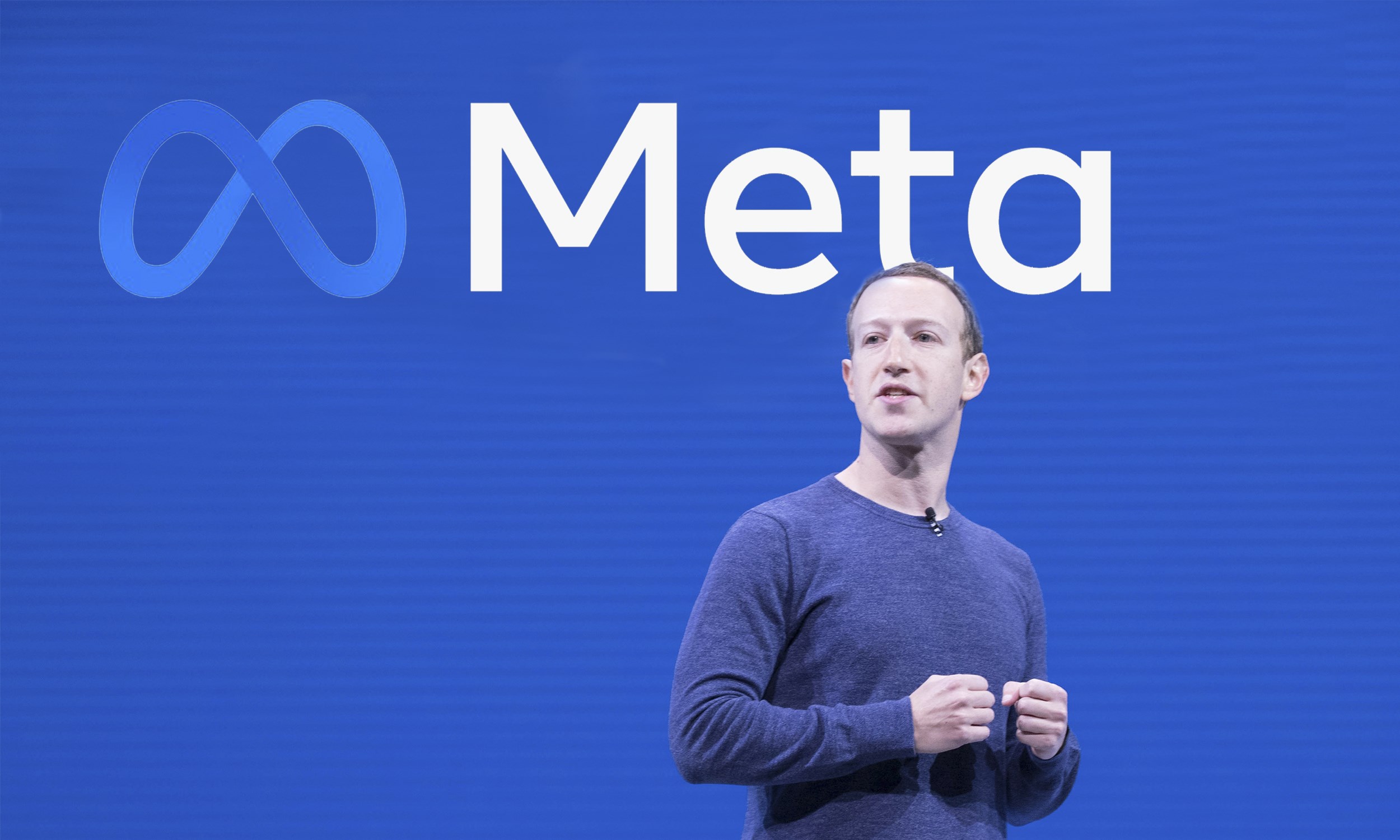The artificial intelligence sector, which has made its mark on the year 2023, continues to emerge in discussions. Accordingly, Meta CEO Mark Zuckerberg announced on January 18 that the company has brought its business-focused artificial intelligence research team closer to the Fundamental AI Research (FAIR) team and has doubled its efforts to transform technology into products.
Zuckerberg’s Statements on Artificial Intelligence
In a Thread video, Zuckerberg announced changes in the company’s work in the field of artificial intelligence, including significant investments in specialized computer chips to create and offer new generative AI models and products. He also mentioned that the company has started training its new generation large language model (LLM), Llama 3:
“It has become clear that the new generation of services requires full general intelligence. To create the best AI assistants, progress is needed in every area of artificial intelligence, from modeling to planning, coding to memory, and other cognitive abilities.”
Zuckerberg explained that Meta will increase its technology infrastructure to adapt to the effort of incorporating generative AI into its products. By the end of the year, Meta plans to have about 350,000 H100 graphics processing units (GPUs) from chip designer Nvidia.

What’s Happening in the Field of Artificial Intelligence?
Meta announced that it will combine the efforts of two advanced artificial intelligence research departments, similar to Alphabet’s move in 2023 to bring together Google Brain and DeepMind, two advanced AI research labs. Alphabet is trying to catch up with Microsoft and OpenAI, who have taken the lead with an AI chatbot in ChatGPT and offered the world’s most powerful large language model GPT-4 to customers.
Meta has conducted significant AI research over a long period, from unsupervised learning where AI learns patterns without labeled data to creating AI software that performs better than the best players in the strategy game Diplomacy. The company has also made progress in machine translation and computer vision algorithms.
Meta’s GenAI team created Llama 2, a powerful open-source language model. Although not as advanced as OpenAI’s GPT-4 or Google’s Gemini models, Llama 2 is preferred by developers for creating cost-effective and customizable chatbots compared to using other models.

 Türkçe
Türkçe Español
Español









